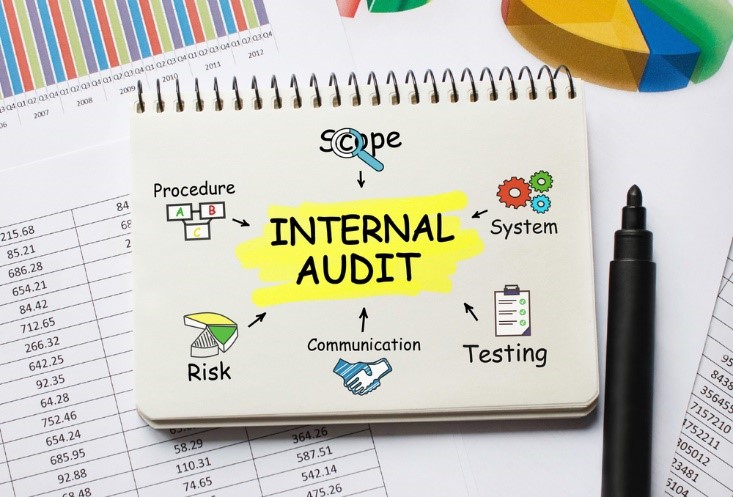Nonprofit organizations play a crucial role in addressing social issues and making a positive impact on our communities. However, when it comes to financial management, nonprofits face unique considerations and reporting requirements that set them apart from for-profit businesses. Proper accounting practices are essential for nonprofits to demonstrate transparency, accountability, and maintain the trust of their donors and stakeholders. In this blog post, we will explore the distinct aspects of accounting for nonprofits and shed light on the specific reporting requirements they must adhere to.

Classification of Funds & Compliance with Reporting Requirements
One of the key differences in accounting for nonprofits lies in the classification of funds. Nonprofits often receive contributions that are restricted for a specific purpose, such as a capital campaign or program funding. These funds must be carefully tracked and reported separately from unrestricted funds. Nonprofits must also consider the treatment of in-kind donations, which are non-cash contributions like services or goods. While these donations can be valuable, they require specific accounting treatment to reflect their fair value accurately.
Another crucial aspect of nonprofit accounting is compliance with reporting requirements. Nonprofits are subject to various regulations, including filing annual reports with the appropriate government agencies and providing financial statements to donors and the public. Additionally, depending on the size of the organization and the amount of funding received, nonprofits may need to undergo independent financial audits. These audits provide an objective evaluation of the organization’s financial statements, enhancing transparency and accountability.
Related: “Best Bookkeeping and Accounting Practices for the Success of Your Business”

Revenue Recognition
Nonprofit organizations must also pay attention to their revenue recognition practices. Unlike for-profit entities that primarily focus on revenue generation, nonprofits rely heavily on contributions and grants. When recording these funds, nonprofits need to determine whether they should be recognized as revenue immediately or over a period of time. This consideration ensures that the financial statements accurately reflect the organization’s financial health and performance.
Related: “Tips For Keeping Accurate and Organized Financial Records”
Conclusion
At Mariela Ruiz, CPA, PLLC, we understand the unique accounting challenges nonprofits face and are here to help. Our experienced team has the expertise and knowledge to navigate the complexities of nonprofit accounting and reporting requirements. Whether you need assistance with fund classification, compliance, revenue recognition, or any other accounting matter, we are committed to providing tailored solutions to meet your organization’s needs. Contact us today at (956) 997-0067 or visit our website mruiz-cpa.com to learn more about our services and how we can support your nonprofit’s financial success.















